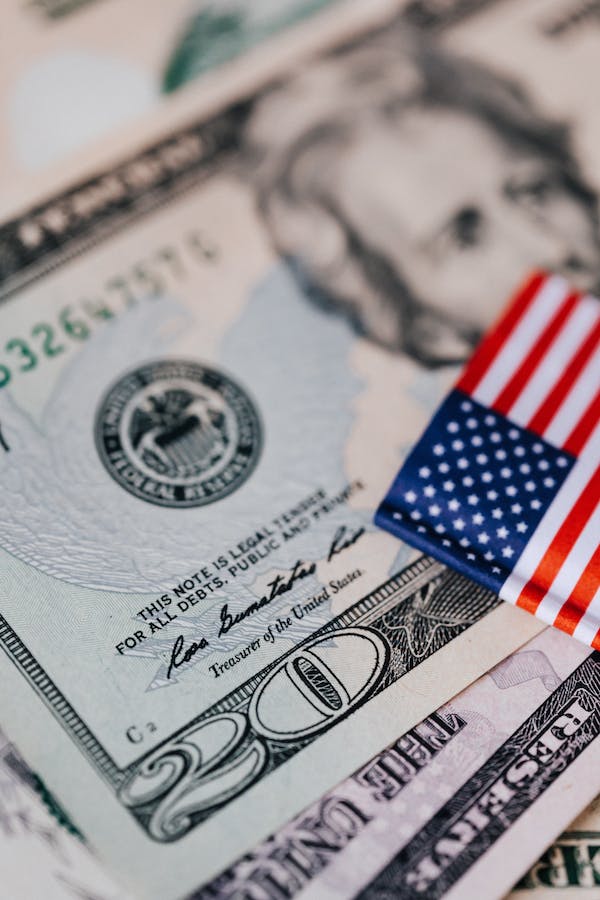
Will America Default?
Will America Default? Debt ceiling, political conflicts, and market reactions. Get insights on the risks, historical context and potential consequences.
4 min read | May 30, 2023
The US government technically ran out of money on January 19, 2023. The Treasury activated temporary “extraordinary measures” to meet the government’s fiduciary obligations. Federal employees, pensioners, the military, Medicare, and other programs likely remain funded until June 1, 2023. US CDS (Credit Default Swaps) are trading wider than Mexico, Greece, and Brazil.
Source: Bloomberg
What’s the Debt Ceiling?
The Debt Ceiling isn’t in the Constitution, but an early 20th century statute which caps the total amount of money that the federal government is authorized to borrow via U.S. Treasury securities, to fulfill its financial obligations. Since the United States runs budget deficits, it must borrow significant sums of money to pay its bills. Historically, Congress raising the debt limits has become routine, it’s happened over 78 times since 1960.

Source: BBC
Why is Congress Conflicted?
It’s devolved into a partisan game of political chicken. President Biden and Congressional leaders from both parties continue to vow they will avoid default. A key point is the debt ceiling is about existing commitments, not future spending. Republican leaders pledge they won’t raise the limit until the White House and Democrats agree to negotiate deep cuts in the federal budget and substantial changes to the spending process.
The 2011 debt ceiling standoff provides poignant precedent, however polarization in the US political landscape is now significantly higher. In 2011, negotiations started earlier, and House Speaker Boehner and President Obama socialized outside of work. In contrast, interaction between President Biden and House Speaker McCarthy is contentious and known for partisan rancor.
The bull in the china shop, for the 2023 debt ceiling, is former President Donald Trump. As recently as May 10th, he urged Republicans to let the nation default on debts if the Democrats don’t agree to spending cuts. Given his considerable influence, if enough Republicans in Congress acquiesce, there might not be enough votes for a deal without help from the Democrats.
J.P. Morgan estimates, given the Trump factor, a high US default probability of 20%. They estimate if the country can make it to mid-June, there should be enough tax revenues to get through July and kick the can forward to August. The clock is ticking for a resolution by June.
Historical Context
The US has never defaulted before, and an eleventh hour deal is consensus expectation. There was eventually a deal in 2011, but not before financial markets confirmed uncertainty causes volatility. In July of 2011 the S&P 500 was at annual highs. However, an early August downgrade of the US credit rating dropped the index over 10%, and it was a further 6% lower the following week. The VIX index went from the mid-teens in July to over 35 in August, and over 40 in September of 2011.

Source: S&P 500 Index Data
How are Financial Markets Reacting?
Surprise and uncertainty stress financial markets. To date the S&P 500 is up 7.8% reflecting complacency in stocks amidst uniform expectations for a late deal. The VIX or fear gauge also remains close to the historical average of 17.
However, there are signs of stress appearing in other markets. A week ago, the US Treasury Department borrowed money for four weeks at an interest rate near 6% which is a premium at rates paid to borrow for much longer periods, a clear reflection of investors’ unease. Credit default swap spreads have shot higher, implying a rising probability of default, in case the government is not paying its debts. Gold prices, which are expected to retain value amidst market turmoil, are also higher by 10% over the past few months.
Back to the Future?
The confluence of these developments comes after a recent set of banking troubles, and preexisting recession possibilities prior to a potential debt ceiling catalyst. History does not repeat itself, but it rhymes according to Mark Twain. Will America default for the first time and how does this uncertainty, even with a potential last second deal such as in 2011, impact global financial markets?
Resonanz insights in your inbox...
Get the research behind strategies most professional allocators trust, but almost no-one explains.